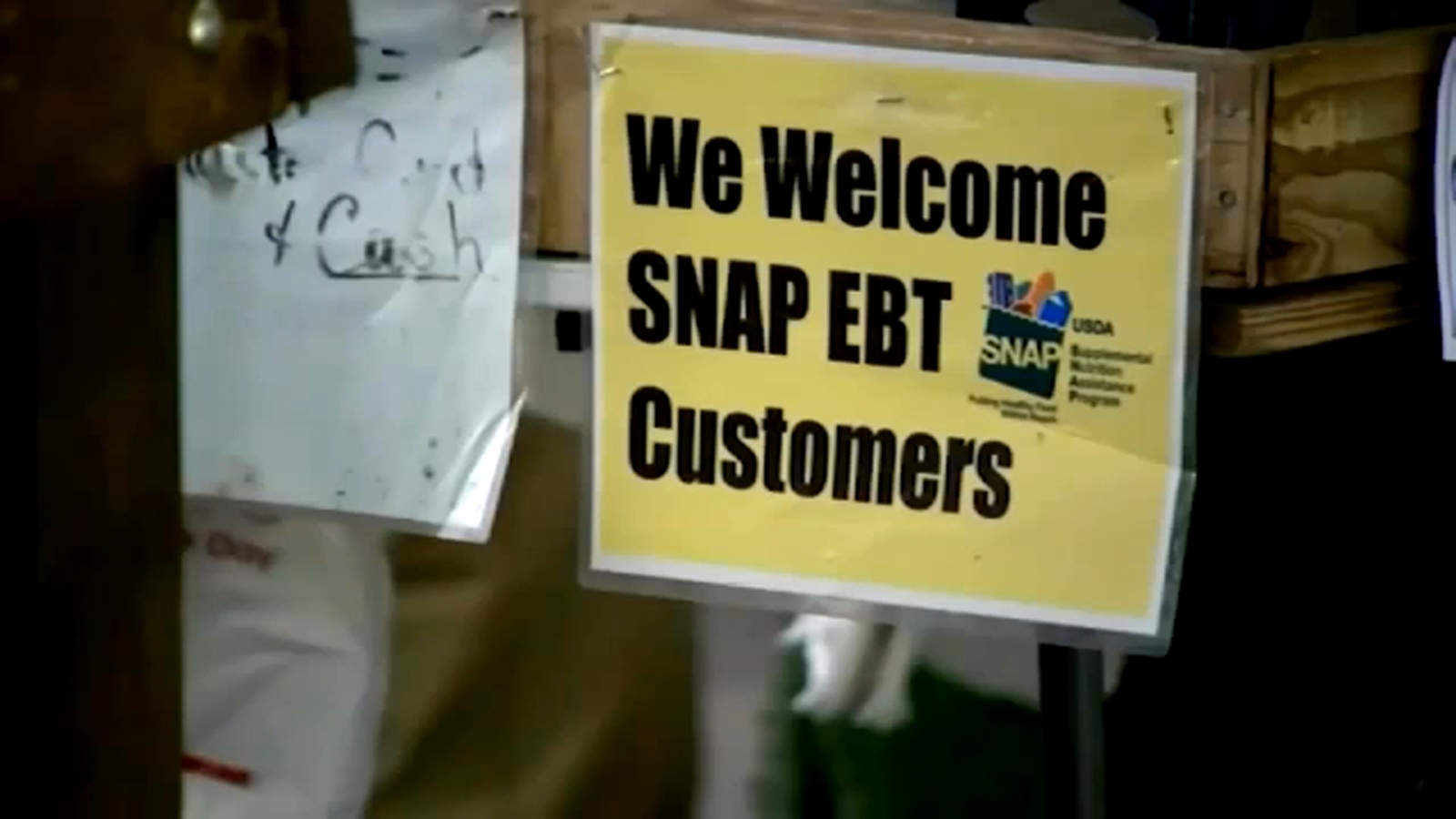The ongoing government shutdown in the United States is significantly affecting the mental health of many Americans. With critical programs like the Supplemental Nutrition Assistance Program (SNAP) facing potential cuts, mental health professionals are witnessing a rise in anxiety and stress among those reliant on these services. According to the director of Balance Treatment Center, Coraline Robinson, “the majority of the population is facing some sort of cut in subsidies and support from the federal government.” More than 42 million low-income Americans, including 16 million children, rely on SNAP benefits.
In Central California, the impact is particularly acute. In Fresno County, over 246,000 people depend on food assistance. As SNAP benefits are set to expire on October 14, 2023, local organizations are stepping up to assist those facing food insecurity. The National Alliance on Mental Illness (NAMI) Fresno has reported a marked increase in individuals seeking mental health support in response to these uncertainties.
Community Vulnerability and Mental Health Support
The atmosphere of uncertainty surrounding the shutdown is prompting emotional distress. Gordie Ochinero-Bermudez from NAMI Fresno emphasizes the importance of acknowledging these feelings, stating, “You know what we’re experiencing is very vulnerable, the community is very vulnerable right now.” The organization is providing support groups twice a week, which are free of charge to the community.
Mental health experts like Robinson point out that the root of increasing stress lies in the pervasive sense of isolation that can accompany financial and social uncertainty. “The biggest risk factor in mental health is not the symptom. It’s the feeling that you are the only one,” Robinson explains. She encourages individuals to seek connection during these challenging times, whether through friends, family, or professional help.
Urgent Calls for Action
As food banks and agencies mobilize to address rising food insecurity, mental health professionals stress that seeking assistance is crucial. “If this is the time where you need to go, if it’s not NAMI Fresno, it could be somewhere else, but definitely go somewhere,” Ochinero-Bermudez advises.
Robinson underscores that recognizing changes in behavior is essential for maintaining mental health. “Are they changing? If they are, then how can you get support to get back on track?” she asks. The message is clear: individuals should not feel ashamed of their struggles and should actively pursue the support they need.
As the government shutdown continues, the intersection of economic insecurity and mental health remains a pressing concern for communities across the nation. The need for accessible mental health resources has become more critical than ever, highlighting the importance of community support and professional intervention during these difficult times.







